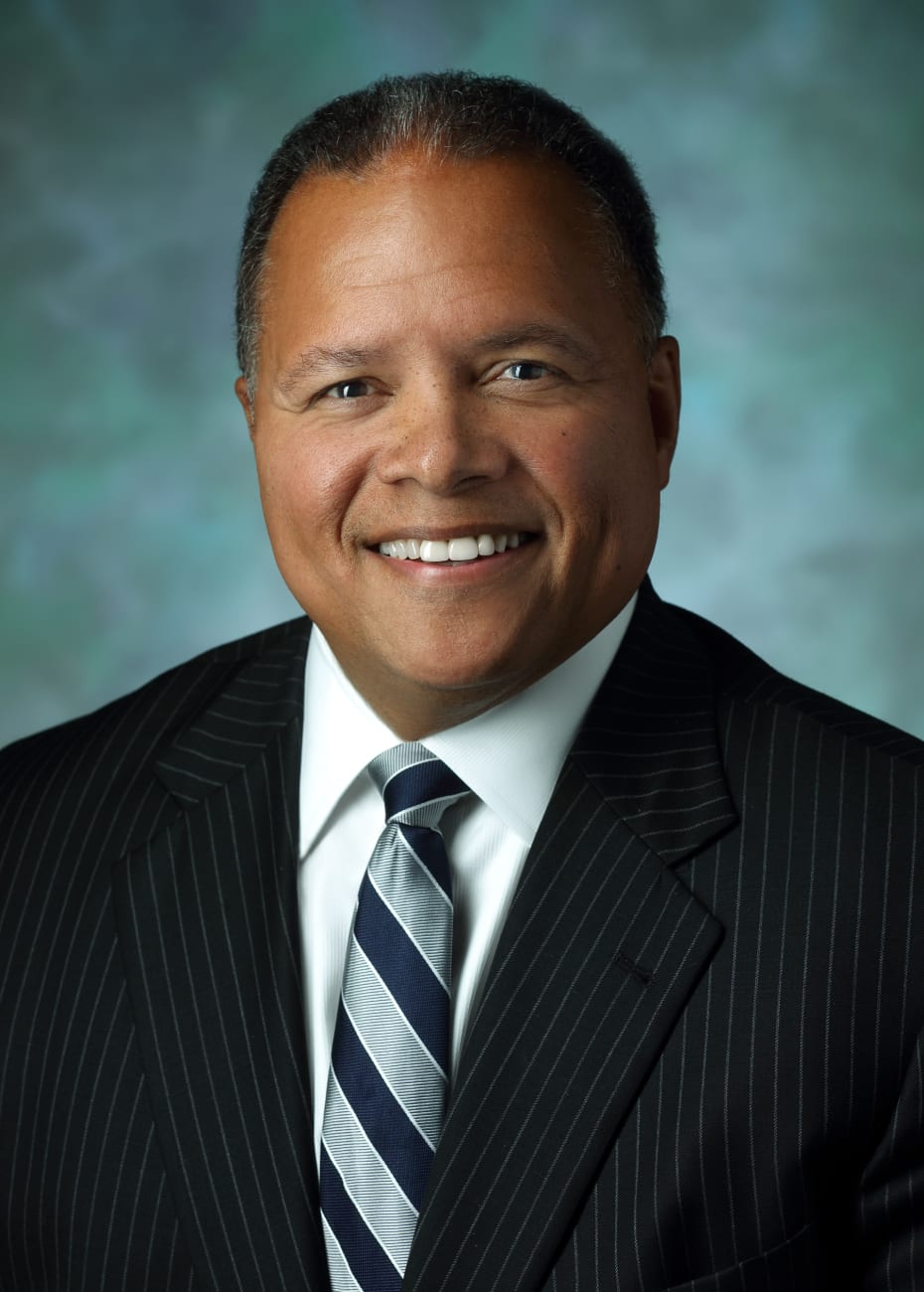
You might say that cardiothoracic care at Johns Hopkins is going through a renaissance, as is the Division of Cardiac Surgery, with several leading experts joining the team or being promoted in the past few years to treat and better understand a range of illnesses affecting patients of all ages.
“Johns Hopkins has a storied history as a place where innovation, technology and outstanding patient care have saved lives and improved the quality of people’s lives,” says Robert Higgins, director of the Department of Surgery, “whether it be implanting an automatic cardiac defibrillator or surgery to fix connective tissue disorders leading to aneurysms and leaky valves, or heart and lung transplants and the use of mechanical devices as a bridge to transplantation or destination therapy.”
Today, an entirely new crop of surgeons and scientists are leading the Division of Cardiac Surgery toward the clinical innovations and research discoveries of tomorrow, focused on areas such as growing artificial pulmonary valves from patient stem cells, using implanted devices to support heart function prior to transplant, and employing perfusion devices to improve donated hearts and lungs. “We have developed a fully new team in the last couple of years that is committed to continuing our groundbreaking work.”
The group includes:
Jennifer Lawton, chief of the Division of Cardiac Surgery since 2017 and professor of surgery. Lawton, a specialist in adult cardiac surgery, performs minimally invasive valve and off-pump coronary artery surgery — a variation of coronary artery bypass graft surgery without the use of the heart-lung machine.
Charles Lowenstein, named director of the Division of Cardiology in January 2020. A long-time faculty member at Johns Hopkins, Lowenstein recently returned to the institution following a decade as chief of cardiology at the University of Rochester School of Medicine and Dentistry in New York. His research focuses on vascular biology, exploring molecular mechanisms of vascular inflammation and thrombosis.
Ahmet Kilic, who joined Johns Hopkins in 2017 as director of the Heart Transplantation and Mechanical Circulatory Support Program. He and colleagues often use implanted devices to temporarily support heart function, such as the axillary intra-aortic balloon pump. Innovative use of the devices and a new organ allocation system begun by the United Network for Organ Sharing led to a record 27 heart transplant operations in 2019, the highest number since the program began in 1993.
Chun “Dan” Choi, surgical director of the ECMO (Extracorporeal Membrane Oxygenation) and Mechanical Circulatory Support Program, has been part of the program since 2017. He researches mechanical cardiac support and better ex vivo perfusion of donor hearts as a way to increase their suitability. Similarly, Errol Bush, surgical director of the Advanced Lung Disease and Lung Transplant Program since 2015, has been working to improve donor lungs via ex vivo lung perfusion.
— Robert Higgins
On the pediatric side, Bret Mettler and Danielle Gottlieb Sen are recent additions to the team. Mettler, named director of pediatric cardiac surgery and co-director of the Blalock-Taussig-Thomas Pediatric and Congenital Heart Center in January, specializes in pediatric cardiac surgery, pediatric heart transplant, congenital heart diseases and thoracic surgery. Gottlieb Sen, who came on board in April, is an expert on the genetics of congenital heart disease and prenatal diagnosis of congenital heart disease.
“Cardiovascular disease is still the No. 1 reason people die in the Western world,” Higgins says. “We have a brand-new team ready and mobilized to take care of the sickest of the sick, and our cardiology colleagues are partners with us in that. We care for a high-acuity, highly intensive group of diagnoses from little babies just born to people in their eighth and ninth decades.”
The team makes use of the latest technologies in mechanical circulatory support, looks at ways to expand the donor pool for lifesaving organs and remains on the forefront of investigating new therapies to better treat patients, says Higgins, president of the national Society of Thoracic Surgeons.
“For the past 30 years, we’ve watched how physicians, nurses and multidisciplinary teams can join together to save lives and improve outcomes for cardiovascular surgery significantly,” he says. “But it requires ongoing commitment to train the best and brightest and recruit a diverse workforce.”
For outpatient cardiac surgical consultations in the Baltimore area, call 443-99-PULSE (78573). For consultations in the greater Washington, D.C., area, call Johns Hopkins Cardiothoracic Surgery at Suburban Hospital at 301-896-7610.

